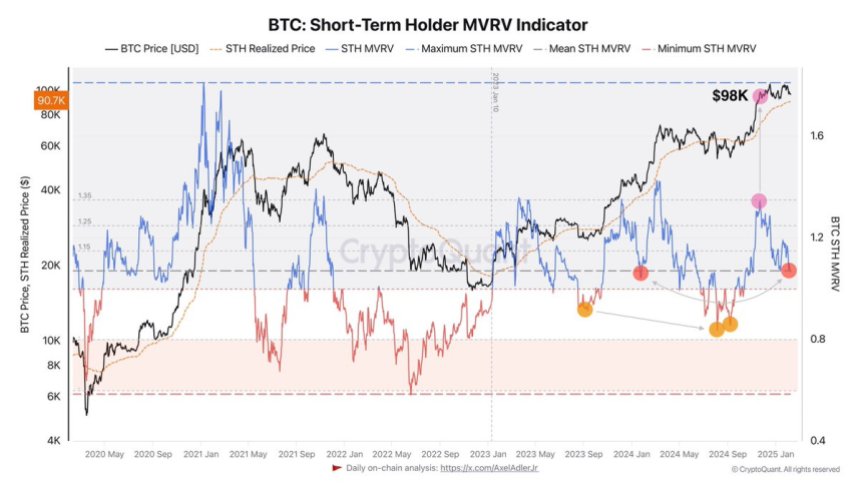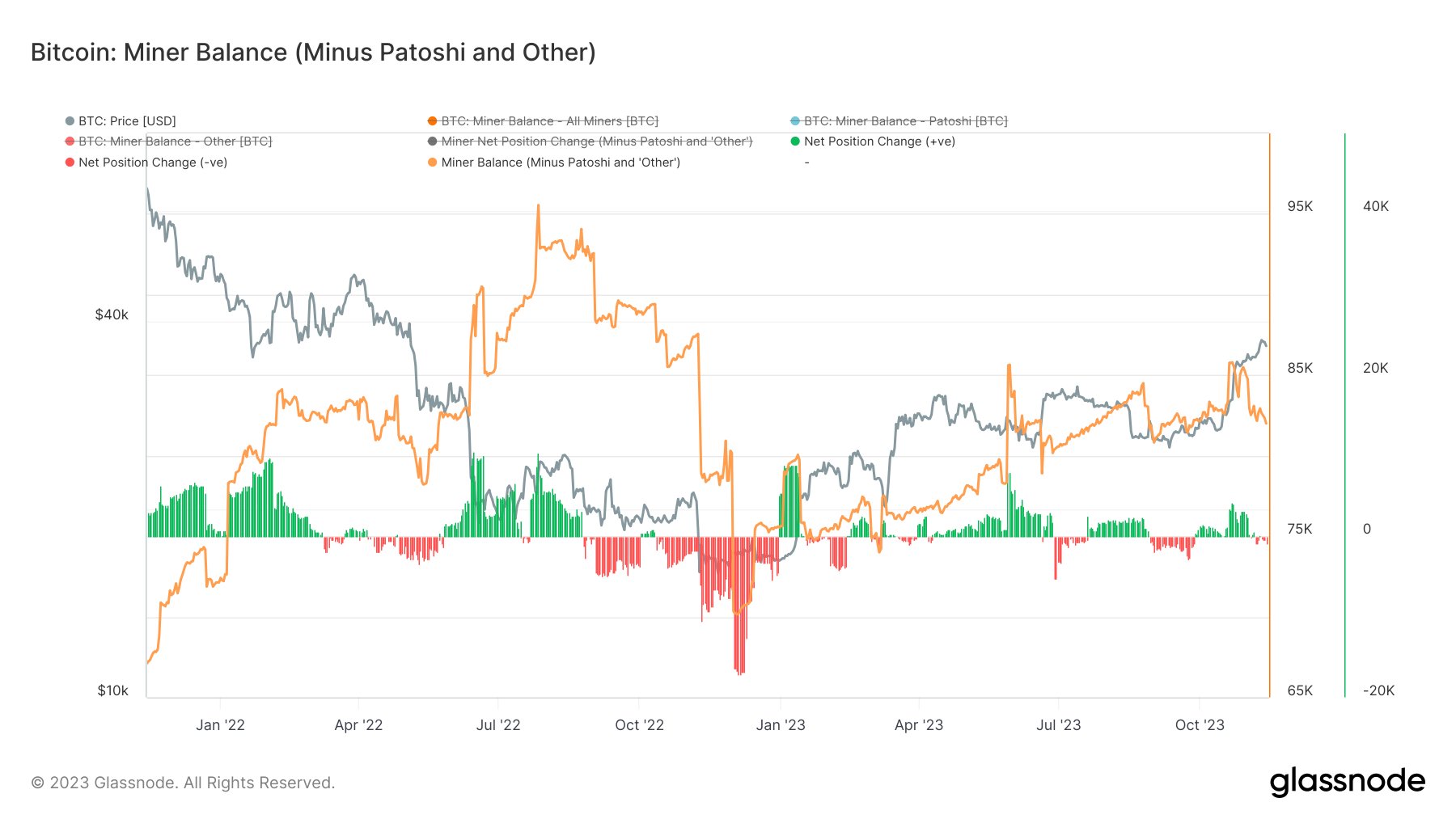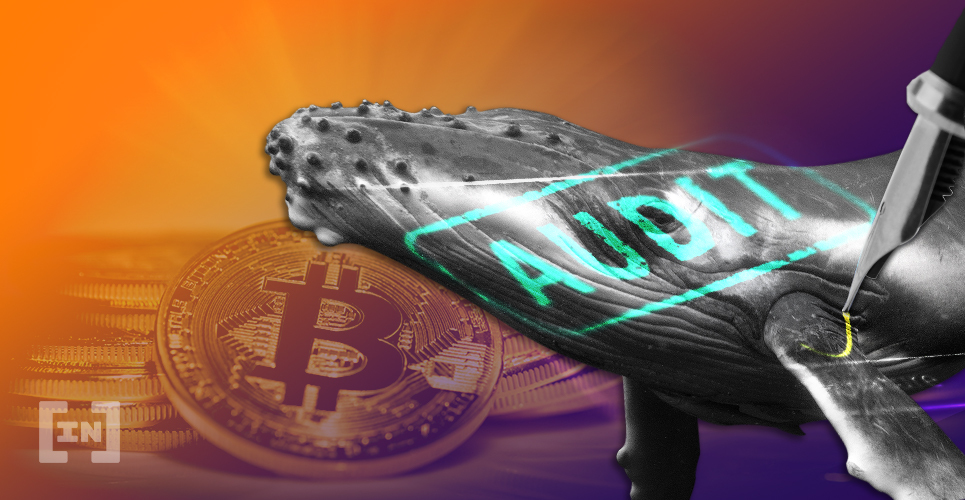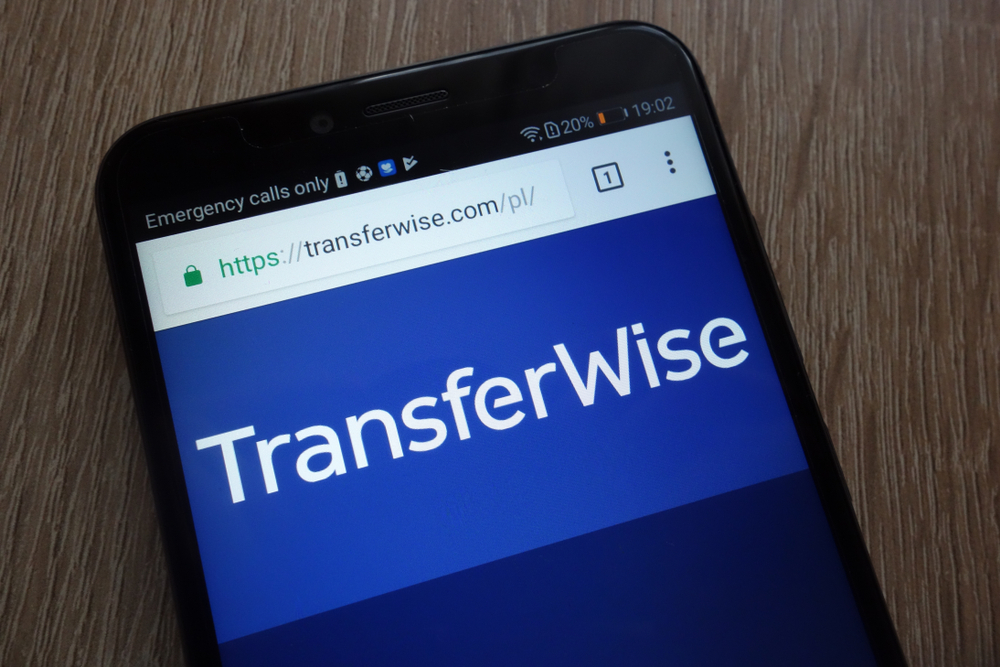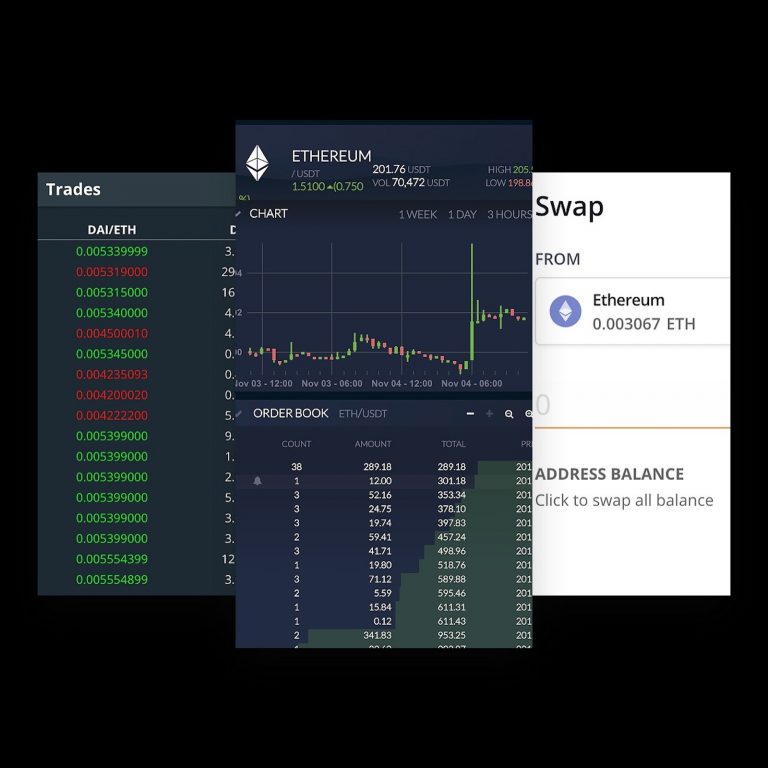2019-2-1 06:51 |
During a few months of 2014, Michell Espinoza sold Bitcoin to undercover agents related to the Miami Polic Department that was working with the US Secret Service.
The individual did not know that he was selling he Bitcoin to these individuals. However, the Miami PD implied that the coins were going to be used to buy stolen credit card numbers. Espinoza was charging transaction fees for transacting these digital assets in the market. After it, he was charged with money laundering and illegal money transmission.
Nevertheless, in July 2016, the Judge Teresa Mary Pooler of the Eleventh Judicial Circuit of Florida dismissed the charges. According to her, Bitcoin is not legally considered money in the state of Florida.
Although she accepted that Bitcoin may have some attributes related to money, it differs in many important aspects. Although Bitcoin can be used as a means of exchange, their high volatility does not allow it to work as a successful means of payment.
She has also mentioned that it is very obvious that Bitcoin is far from being considered an equivalent of money. However, the state appealed the decision. In an opinion filed on January 30, Florida’s Third District Court of Appeal reversed Pooler’s ruling on Espinoza.
This opinion reads as follows:
“The trial court erred in dismission Count 1 because Espinoza acted as both a money transmitter and a payment instrument seller and, as such, was required to register with the State of Florida as a money services business.”
Indeed, this shows that Bitcoin is a payment instrument due to the activities that Espinoza was performing. The activities he was conducting require registration as a money services business under Florida law.
That means that the trial court must now hear the case since the charges against Espinoza were dismissed before ever going to trial.
origin »Bitcoin price in Telegram @btc_price_every_hour
Bitcoin (BTC) на Currencies.ru
|
|



